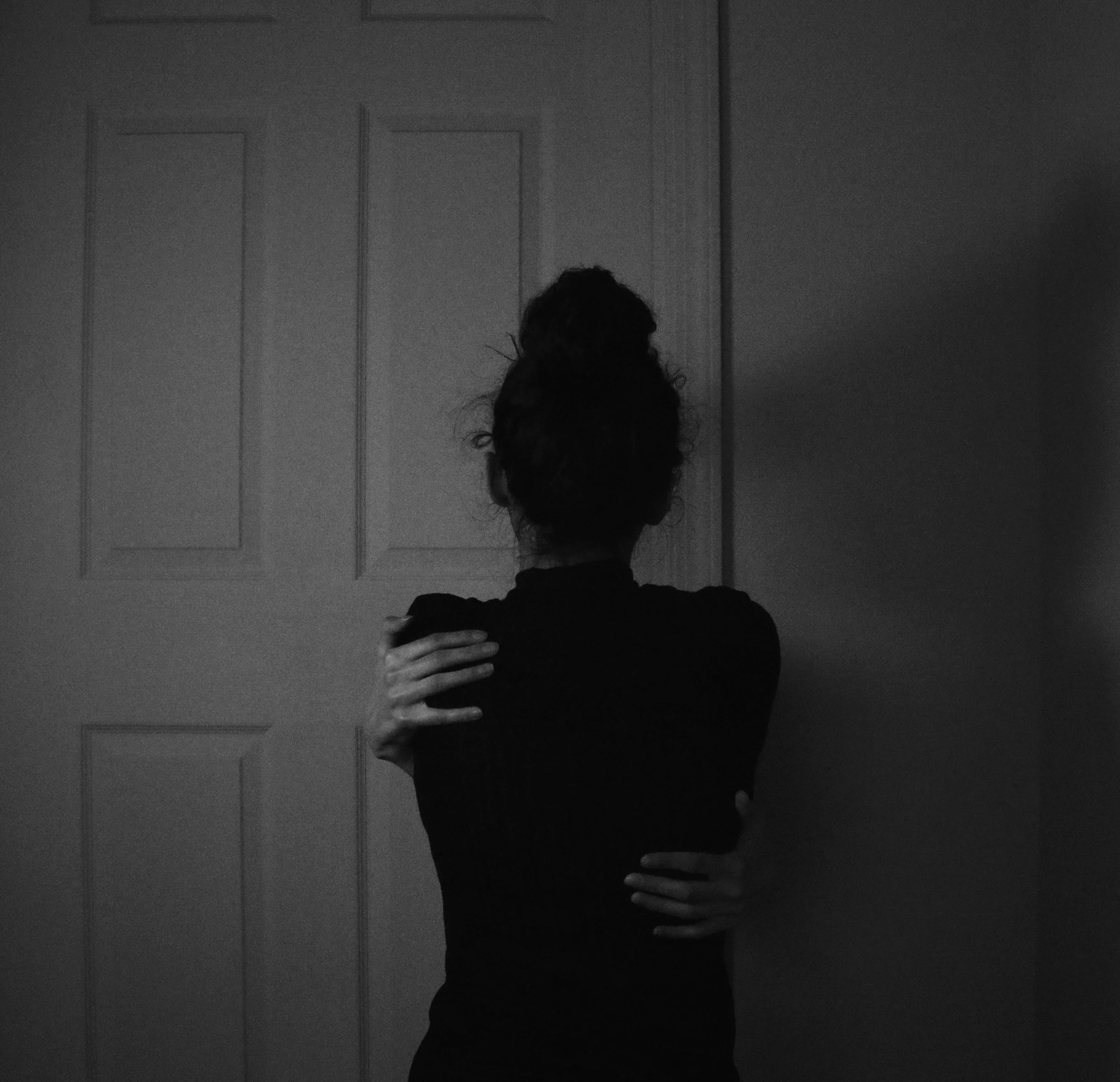Your Body Remembers: Healing After an Abusive Relationship
When leaving an abusive relationship, it’s important to understand that while your body may be out of the situation, your nervous system might still feel like it’s stuck there. Abuse — especially when it involves ongoing control, chaos, or fear — can train the body to stay on high alert, constantly scanning for danger.
If you’ve left and still find yourself anxious in safe spaces, jumping at small triggers, or feeling like you're always looking over your shoulder, you’re not alone. This is your nervous system reacting to the trauma it’s endured. Even if your mind knows you're safe, your body may still be preparing for battle.
Mindfulness and grounding strategies can help signal safety to your body, but healing goes deeper than just calming techniques. The phrase “the body keeps the score” rings true here. Trauma often gets stored physically, and without a way to safely process and release it, those old wounds can come out sideways: through panic attacks, emotional outbursts, or even substance use.
Working with a therapist you feel safe with is a crucial part of this healing. A supportive clinician can help your body and nervous system begin to experience safety again. Together, you can start to untangle the trauma responses, understand where they come from, and offer your body new ways to cope.
The idea of “just leaving” often sounds dismissive — like once you walk out the door, everything should be fine. But what about the damage that’s been done? That takes time, care, and patience to tend to.
If you’re navigating this, try to meet yourself with curiosity and compassion instead of judgment. Abuse is traumatic, especially when it comes from someone you loved. It reshapes how we see the world and ourselves.
So be gentle. You’ve already done something incredibly brave by leaving. And with time, support, and kindness toward yourself, healing is possible.

